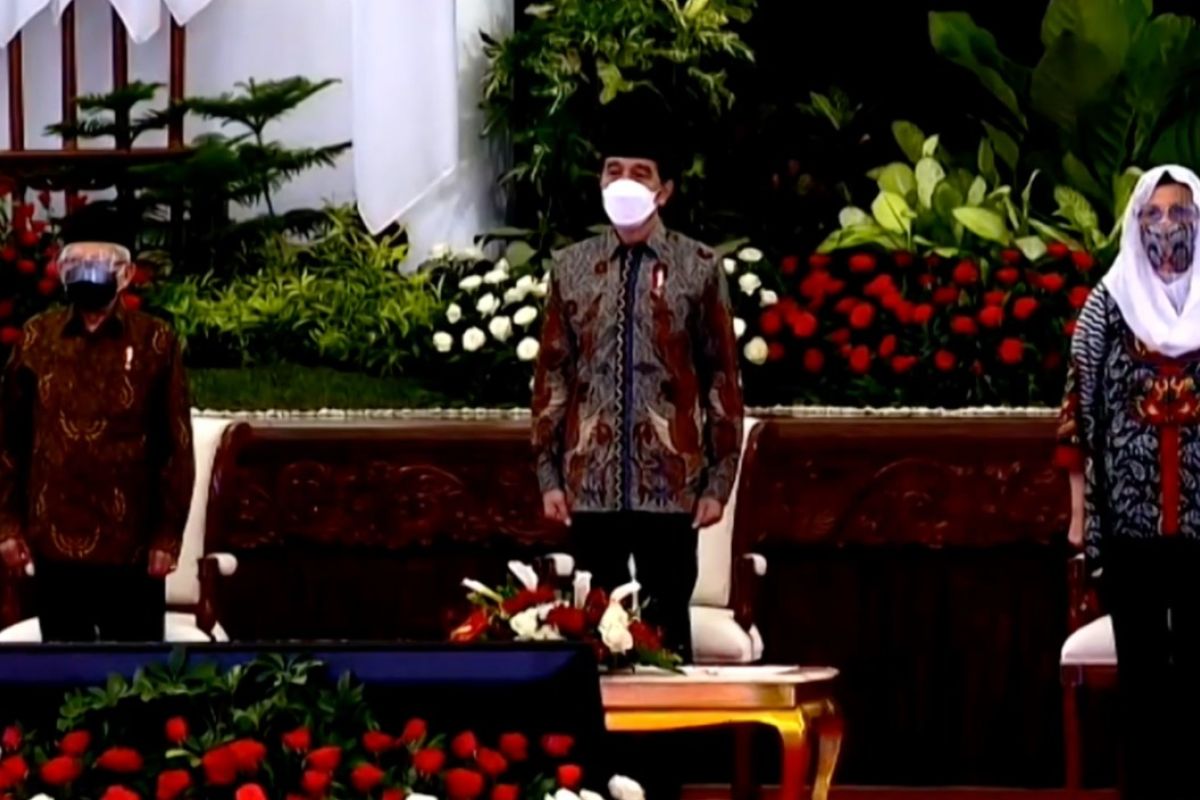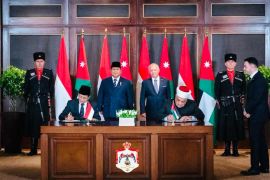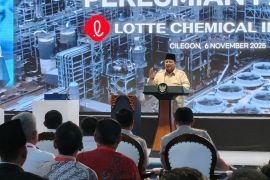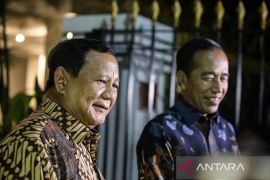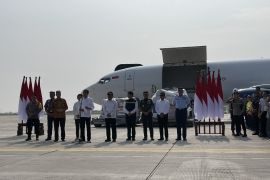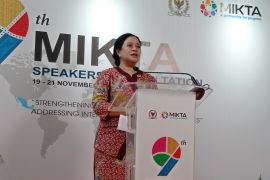"In our country, the potential for waqf assets per year reaches Rp2,000 trillion and the potential for cash waqf can exceed Rp188 trillion," President Jokowi stated at the launch of the National Movement for Cash Waqf and the inauguration of the 2021 Sharia Economic Brand at the State Palace, here on Monday.
With this huge potential, the president highlighted the need for Indonesia to make breakthroughs, particularly in developing sharia financial institutions that are managed using the waqf system.
There is also the need to expand the utilization of waqf assets. The head of state believes that waqf assets can be managed for socio-economic purposes that have a substantial impact on reducing poverty and social inequality in society.
"Hence, the launch of the national cash waqf movement today is an important part of not only increasing awareness and public literacy in terms of Islamic economics but is also an effort to strengthen a sense of concern for overcoming poverty and social inequality in our country," the president affirmed.
Moreover, the head of state noted that Indonesia is a country, with the largest Muslim population in the world. It is time for Indonesia to set an example of following a waqf practice that is transparent, professional, and credible, as well as has a productive impact on the welfare and economy of the community.
Furthermore, Jokowi called for accelerating economic development and sharia finance, so that Indonesia can become a hub of the global sharia economy.
"Islamic economy still has enormous potential to be developed. Sharia economic development is not only carried out by countries, with a Muslim majority population, but also by other countries, such as Japan, Thailand, Britain, and the United States," the president pointed out.
Vice President Ma'ruf Amin earlier expressed belief that sharia-compliant financial technology (fintech) can play an active role in expediting the nation's economic recovery.
"We are optimistic that this (sharia fintech) would help to accelerate recovery of the national economy that is currently declining due to the spread of COVID-19. As is known, our economy contracted by 5.32 percent in the second quarter,” Amin noted in a statement received in Jakarta, Tuesday.
However, the quite high market potential and players of domestic sharia economic activities should be accompanied by adequate literacy skills pertaining to the Islamic economy.
Consequently, technology-based financial services must be able to capitalize on such opportunities to draw public interest.
Related news: Erick Thohir elected as chief of Sharia Economic Community
Related news: Sharia fintech to transform Indonesia into halal producers' hub
EDITED BY INE
Translator: Indra P, Azis Kurmala
Editor: Fardah Assegaf
Copyright © ANTARA 2021
